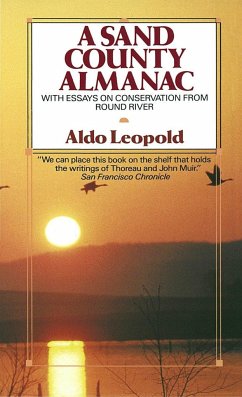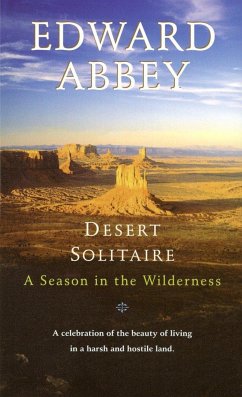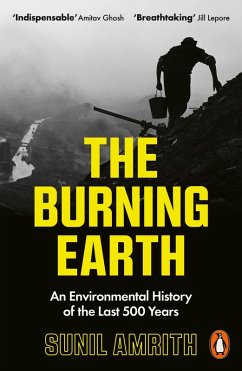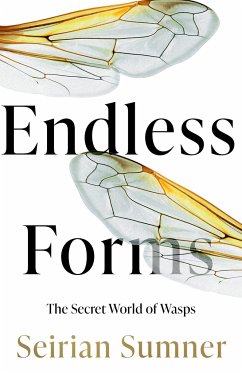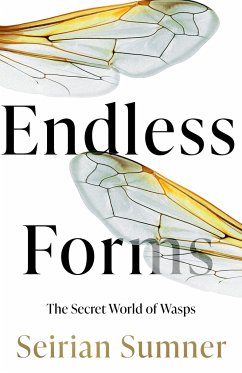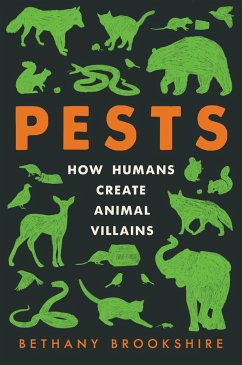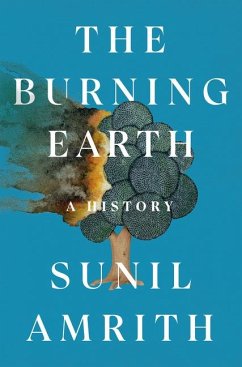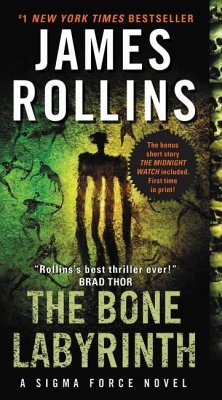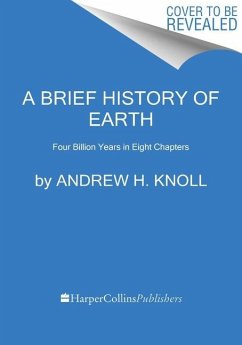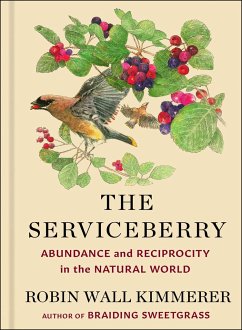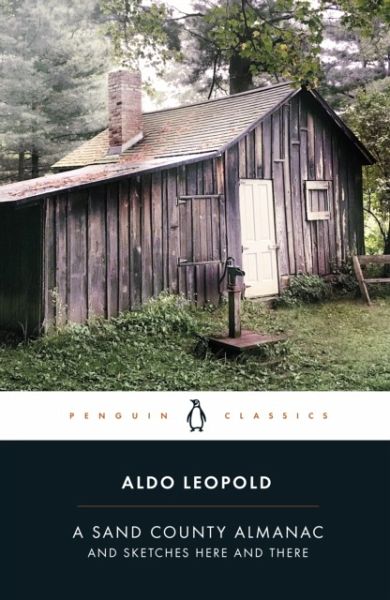
A Sand County Almanac
And Sketches Here and There
Versandkostenfrei!
Versandfertig in 2-4 Wochen
16,99 €
inkl. MwSt.
Weitere Ausgaben:

PAYBACK Punkte
8 °P sammeln!
'One of the most influential books about the natural world ever published' Paul Kingsnorth, Guardian'There are some who can live without wild things, and some who cannot,' begins Aldo Leopold's totemic work of ecological thought. Ranging from lyrical observations of the changing seasons over a year on his Wisconsin farm to his hugely influential idea of a 'land ethic' signifying moral equilibrium between humans and all other life on earth, A Sand County Almanac changed perceptions of the natural world and helped give birth to the modern conservation movement. 'An unequivocal statement of consc...
'One of the most influential books about the natural world ever published' Paul Kingsnorth, Guardian'There are some who can live without wild things, and some who cannot,' begins Aldo Leopold's totemic work of ecological thought. Ranging from lyrical observations of the changing seasons over a year on his Wisconsin farm to his hugely influential idea of a 'land ethic' signifying moral equilibrium between humans and all other life on earth, A Sand County Almanac changed perceptions of the natural world and helped give birth to the modern conservation movement. 'An unequivocal statement of conscience that will carry down the generations ... his argument seems more urgently true now than ever' The New York Times




